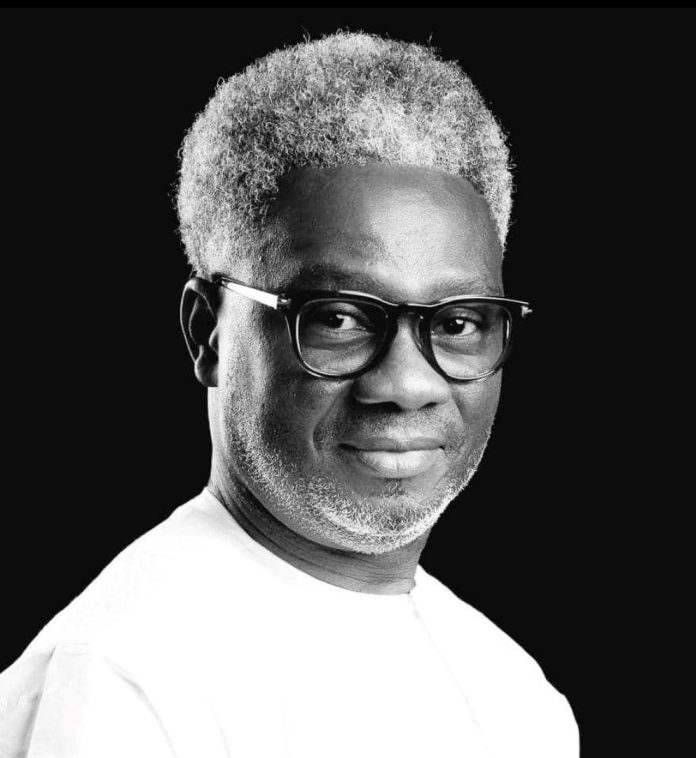The evolution of the internet and its accompanying technologies has ushered in a new era of possibilities, profoundly impacting human expression and freedom. Over the past decade, these advancements have extended the boundaries of communication and engagement, presenting both opportunities and challenges in political discourse.
Digital platforms, particularly social media, have emerged as influential tools in shaping political participation and elections. The widespread adoption of social media, coupled with increased internet access, has made the connection between these platforms and electoral processes more apparent, evident in recent electoral cycles across the globe, including the United States, Europe, and Nigeria.
The 2008 US presidential election marked a turning point, with the widespread use of platforms like Facebook, MySpace, YouTube, and mobile messaging revolutionizing political communication. Dr. Ibietan’s groundbreaking book, “Cyber Politics: Social Media, Social Demography, and Voting Behaviour in Nigeria,” delves into this transformative phenomenon, examining the intersection of social media networks and voting behavior in Nigeria’s political landscape.
Drawing insights from a comprehensive study of Nigeria’s 2015 presidential election, Dr. Ibietan explores the impact of social and demographic factors, digital social mediation, and the remarkable influence of these variables on voter behavior. The book highlights how social media platforms played a significant role in shaping public discourse and influencing electoral outcomes, particularly in mobilizing political opposition and controlling public debates.
In today’s digital age, the prevalence of data underscores the profound impact of social media on political engagement and elections. With increasing social and economic upheavals worldwide, social media is poised to play an even more significant role in driving electoral choices.
Dr. Ibietan’s research underscores the shifting demographics of voting, favoring digital natives whose engagement with social media is reshaping traditional media approaches. Through tested theoretical models and research methods, the book scrutinizes the evolving landscape of political communication, proposing innovative approaches like the Channel-Factor Model.
“Cyber Politics: Social Media, Social Demography, and Voting Behaviour in Nigeria” offers valuable insights into the dynamic relationship between politics, social media networks, and voter behavior in Africa. Dr. Ibietan’s contribution to political communication scholarship is commendable, shedding light on a crucial aspect of modern democracy.
The book has garnered praise from scholars and professionals alike, with accolades from prominent figures such as Aminu Maida, Ph.D., Executive Vice Chairman/CEO of the Nigerian Communications Commission, and Prof. Peter Esuh, Dean of the Faculty of Communication and Media Studies at the University of Uyo.
In conclusion, “Cyber Politics” is a significant addition to the discourse on political communication in Africa, offering a comprehensive analysis of the impact of social media on electoral behavior. As the digital landscape continues to evolve, Dr. Ibietan’s work serves as a timely exploration of the complex interplay between technology and democracy.
ANTHONY EMEKa nwosu




